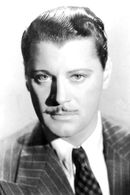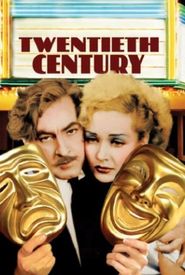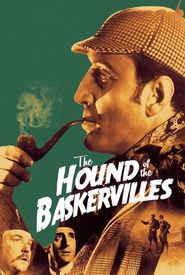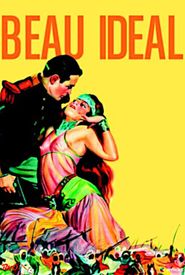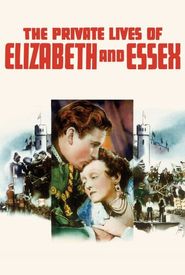Ralph Forbes had a vision that diverged from his family's aspirations for him to pursue a career in law or the navy. Instead, he became enamored with the world of acting and embarked on a stage career in England. By 1917, he had crossed the Atlantic to explore the burgeoning film industry, making his silent film debut that year. However, he soon returned to the UK to contribute to the early British film industry from 1921 to 1926.
In 1926, he joined fellow expatriate and A-list star Ronald Colman to play the role of John, the younger brother, in the first Hollywood adaptation of Beau Geste. Throughout the 1920s, he collaborated with notable figures such as Lon Chaney, Lillian Gish, Norma Shearer, and John Gilbert, taking on a variety of roles. His striking features, including his bright blue eyes, made him an ideal candidate for portraying young romantic characters.
Forbes' rich, full voice enabled a seamless transition to sound films. His early sound effort, Lilies of the Field (1929),was an American-based production by Alexander Korda. In 1930, he appeared in six films, foreshadowing a busy decade to come. The following year, he reprised his role as John in the sequel to Beau Geste, Beau Ideal.
By 1933, Forbes was in high demand, with five or six film roles annually throughout most of the decade. He explored various genres, including costume dramas such as The Three Musketeers (1935),Mary of Scotland (1936),and Romeo and Juliet (1936),in which he played Paris, Juliet's suitor. With his experience in "gesting" under his belt, it was perhaps unsurprising to find him again in the sand dunes for The Legion of Missing Men (1937),where he played the lead in a script with a younger brother joining the Legion, culminating in exciting finale action.
It is intriguing that Forbes did not reprise his role as John in the more famous remake of Beau Geste (1939) with Gary Cooper, with Ray Milland taking on the part instead. Interestingly, this remake, directed by William A. Wellman, is almost a carbon copy of the 1926 original. After 1940, his work became sporadic, but he did participate in early TV playhouse productions in 1950 before his untimely passing the following year.
